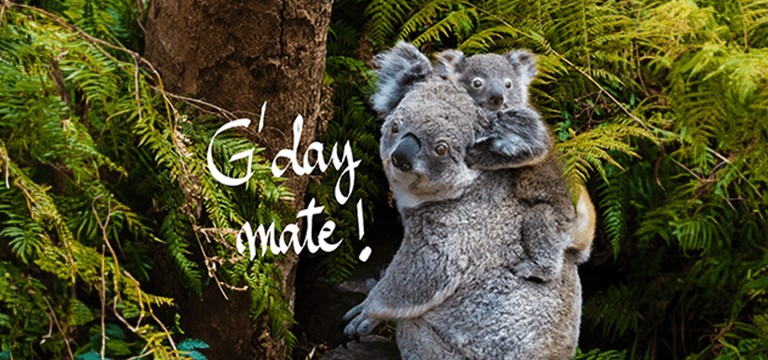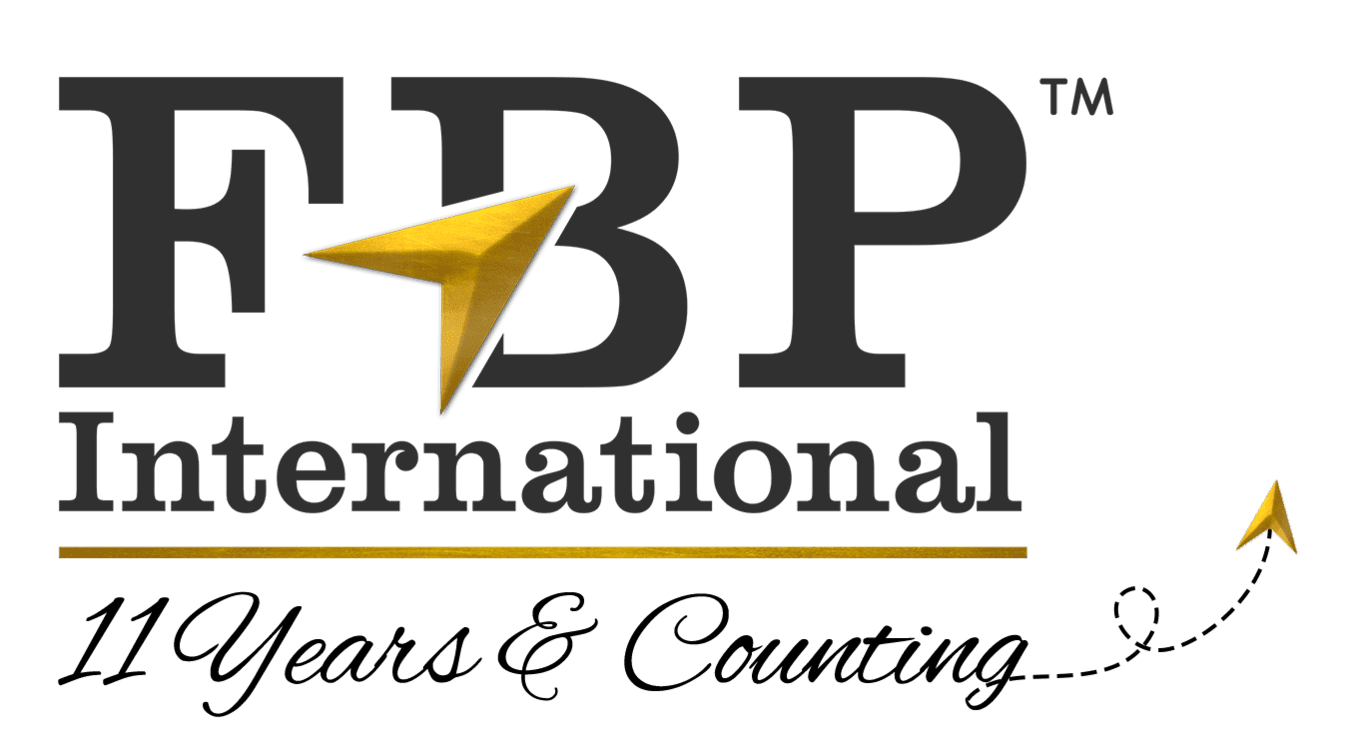

Settle in Australia


Australian Colloquialism
Australia’s everyday language is rich with colloquialisms or “Aussie slang”, which is shaped by the country’s distinct history and culture. These casual expressions in everyday Australian language often represent Australians’ laid-back and welcoming attitude. While specific terms are standard across the country, others may be exclusive to specific regions and states.
Australian colloquialism borrows many of its terms and phrases from the Aboriginal language, indigenous languages, convict sources, phrases developed through gold rushes, bushranging, and the World Wars to make up the Australian identity and character as it stands today.
Quintessential Australian Phrases
Here are some typical Australian colloquialisms that one will hear in everyday conversations.
- Mate: Signifies a friend, an acquaintance, or a colleague. It is also commonly used to greet vaguely known individuals or strangers one meets. It is a word that will let anyone around the globe know that they’re conversing with an Australian.
- G’day: Short for ‘Good day’, “G’day” or “Gidday” is a commonplace greeting in Australia.
- No worries, mate: An Australian expression showcasing Australians’ laidback and friendly attitude to life. It is used in various situations to say, “You’re welcome” or “Don’t worry about it”.
Australian Phrases
Some more Australian phrases include:
- A better man never stood in two shoes – A compliment
- All wool and a yard wide – Authentic, trustworthy
- Barbecue stopper – A topic of conversation that is interesting/controversial
- Christmas on a stick – Something special
- Dull as a dishwasher – A boring person
- Flat to the boards – Extremely busy
On ya, mate! – Well done - She’ll be apples – Everything will be alright
- Take a shine to – Like someone
- What’s the John Dory? – What’s happening? What’s the story
Australian Slang Terms
Some Australian colloquialisms with their meanings are listed below.
- Arvo – Afternoon
- Bonzer – Great, Awesome
- Brolly – Umbrella
- Chewie – Chewing Gum
- Cobber – Friend
- Coppa – Police Officer
- Footy – Rugby
- Garbo – Garbage Collector
- Lappy – Laptop
- Macca’s – McDonald’s
- Sunnies – Sunglasses
- Tea – Dinner
- Tucker – Food
- Woop Woop – The Middle of Nowhere
- Yonks – A Long Time
Strine
Australian English is also colloquially known as ‘Strine’, a blend of two major groups of convicts that entered Australia – the Irish and the Cockneys. A few characteristics distinguish strine, including mainly speaking through the nose, flat long vowels, shortened nouns, and soft pronunciations of consonants. Another well-known characteristic of Australian English is shortening nouns – names, place names, Christian names, surnames, etc. Australians also tend to merge words with little emphasis on the consonants, for instance, “Owya goin’ mate?”

